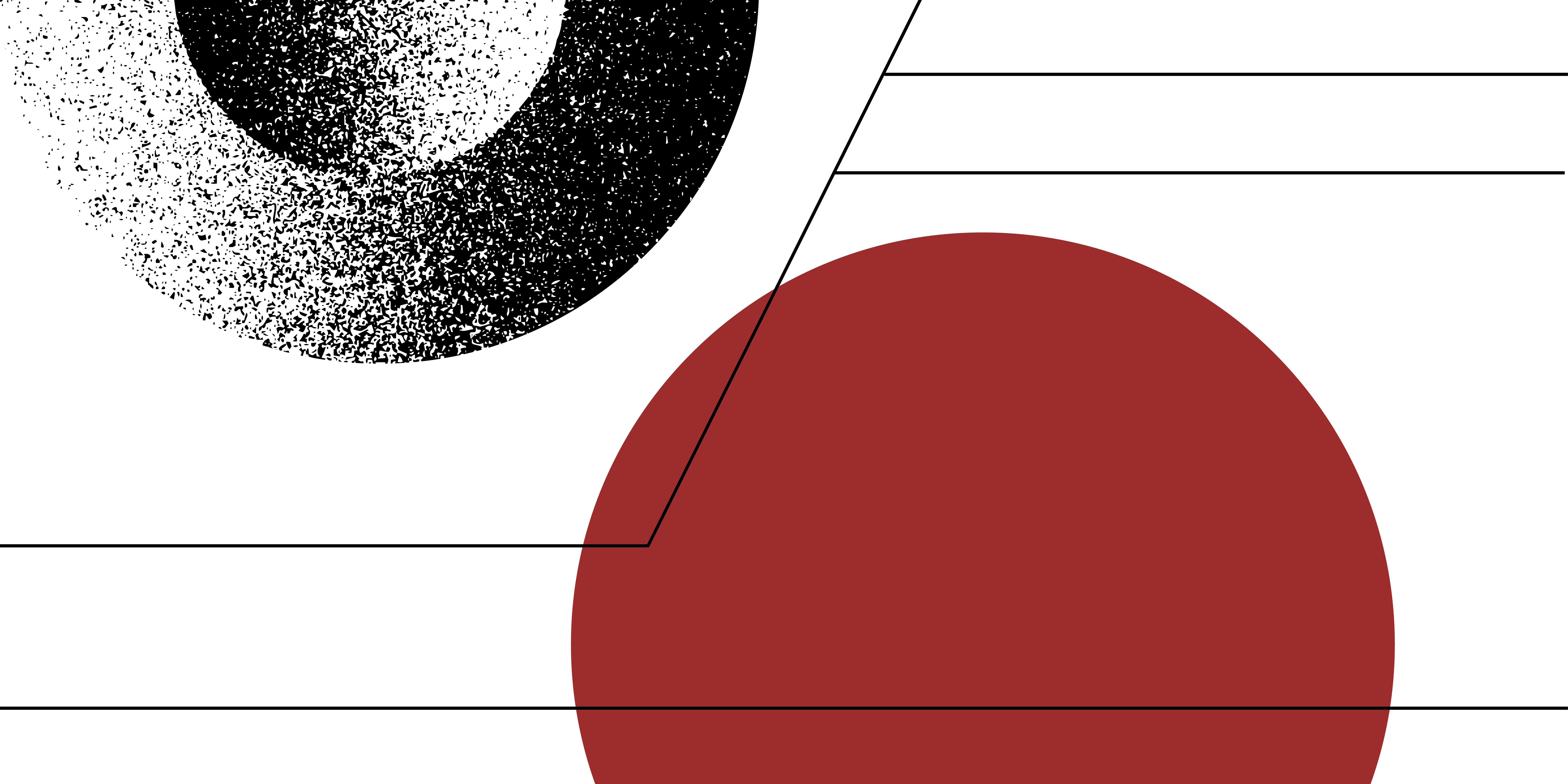
Graduate Team Fellows Program Fosters Career Diversity for Graduate Students
Katelin Webster (PhD, Musicology) currently works as Philanthropy Coordinator of the Refugee Education Center in Kentwood, Michigan. For Webster, the ability to skillfully leverage her doctoral work in order to land a sought-after job in the nonprofit sector was firmly grounded in her year-long experience of cross-disciplinary collaboration as a Graduate Team Fellow in the Global Arts and Humanities Discovery Theme’s Society of Fellows program. Transitioning from academia to the nonprofit sector meant that Webster needed to not only translate the analytical skills and knowledge gained from her PhD, but she also needed to draw upon the deep connections that her cohort built across their individual disciplines — a process that prepared her to reimagine and reposition her academic research towards participation with a wider public arena.
It is precisely this kind of capacity-building that the Society of Fellows was designed to foster and promote. Committed to cross-disciplinarity, this program defines research as a fundamentally collaborative endeavor fueled and sustained by strong relationship-building. In the Graduate Team Fellowship, advanced students from a range of disciplines throughout the arts and humanities are brought together to create a shared public-facing project that brings together their diverse academic perspectives. Unfolding over the course of an academic year, the Graduate Team Fellowship gives candidates the space and time to build real and lasting relationships that allow for authentic cross-disciplinary connection.
The Society of Fellows Graduate Team Fellowship thus builds significant capacity not just for collaborative, cross-disciplinary work, but it actively redefines “research” as radically inclusive, innovative and relational. In preparing and supporting fellows like Webster to work in innovative ways towards meaningful social change, the Graduate Team Fellowship demonstrates how the development of collaborative research cultures can help us thoughtfully respond to and intervene in the urgent challenges of today’s world.
